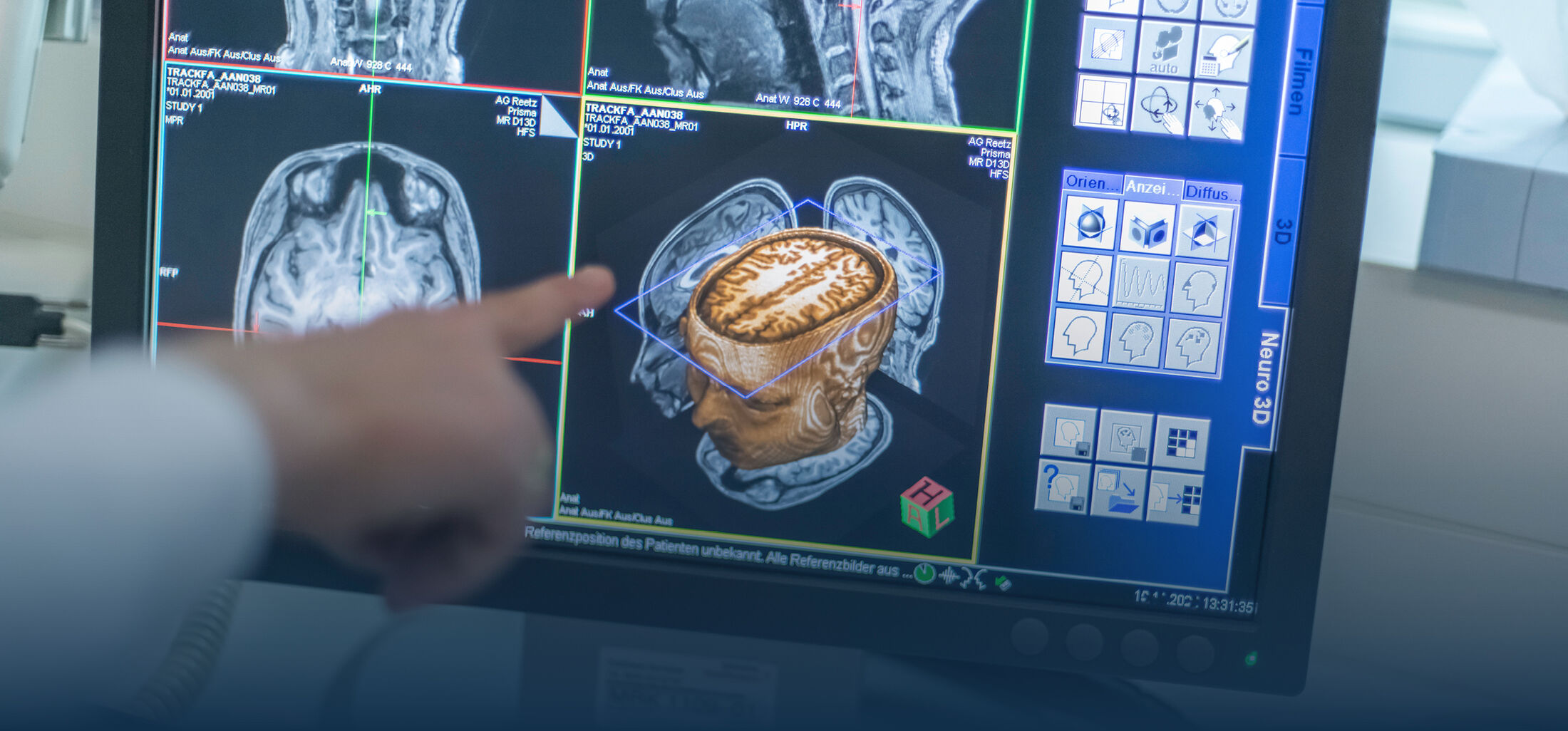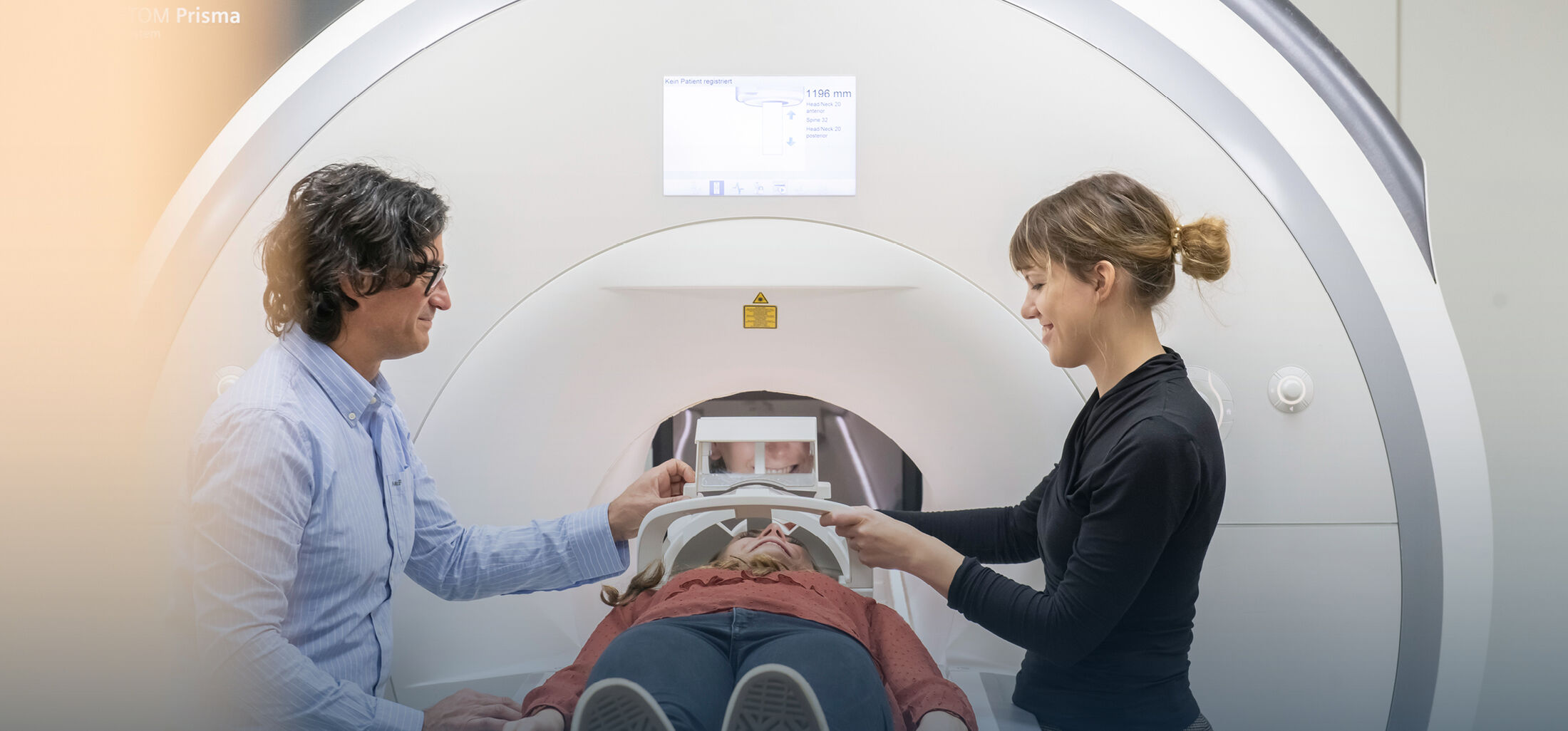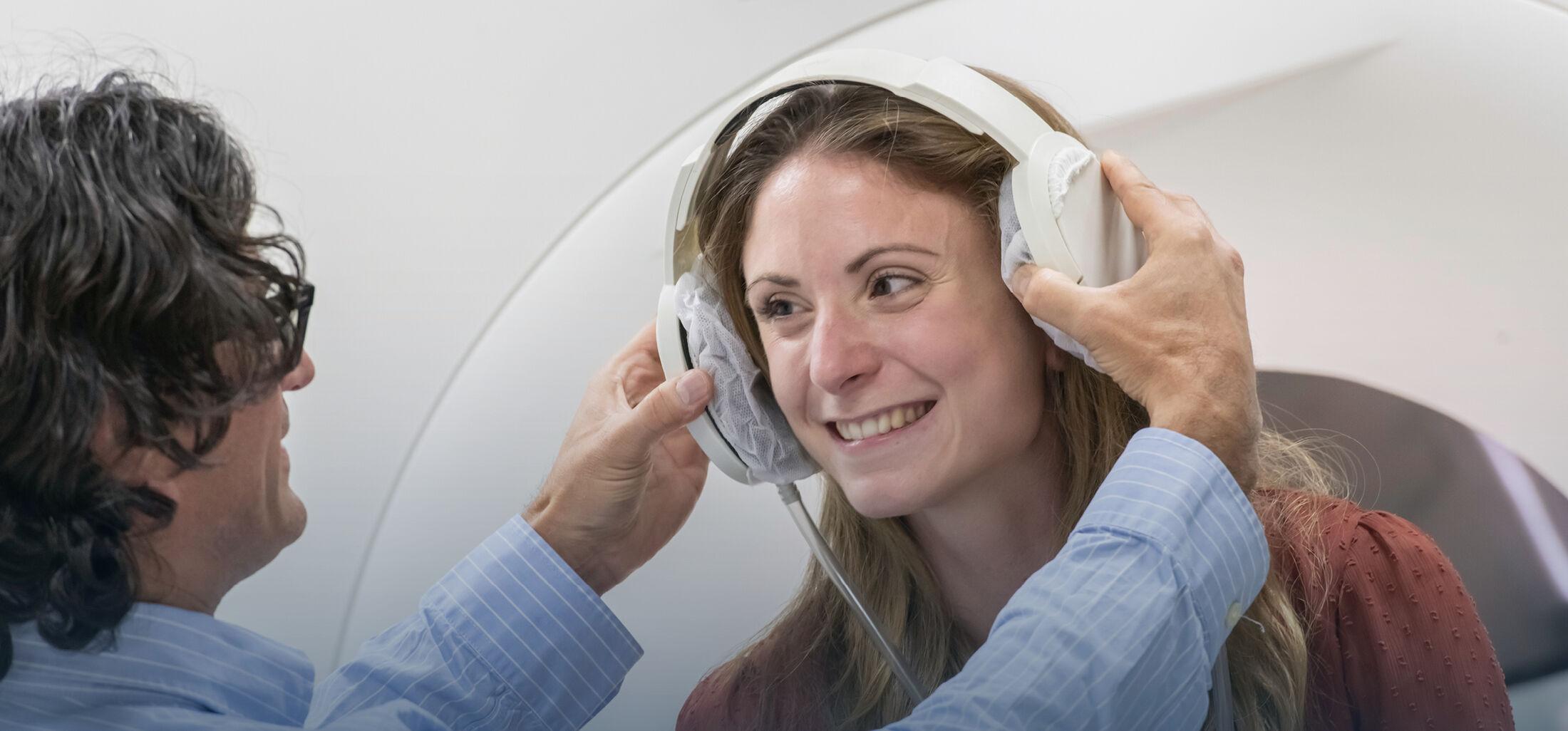Ataxien
Friedreich’s Ataxia (FRDA) is an autosomal recessive, spinocerebellar disorder and the most common of inherited ataxias. This severely debilitating disease leads to the loss of the ability to walk, and sometimes to cardiomyopathy, visual and auditory loss, scoliosis and diabetes.
The European Friedreich’s Ataxia Consortium for Translational Studies (EFACTS) investigates the natural history of FRDA and aims to establish the biological and clinical characteristics for future clinical trials. Approximately 600 patients with genetically confirmed FRDA have been included from eleven EFACTS centers in seven European countries in the prospective Friedreich’s ataxia database registry, and are undergoing annual examinations for a better understanding and prediction of disease progression.
Another research focus within our working group Multimodal Imaging in Neurodegenerative Diseases is to probe the underlying cerebro-cerebellar mechanisms of motor and cognitive impairment (e.g. in executive functions) in FRDA patients compared to control subjects. Using multimodal MRI techniques we aim to investigate associations between clinical symptoms profiles and alterations in brain structure, function and connectivity, particularly focusing on cerebellar dysfunctions.





